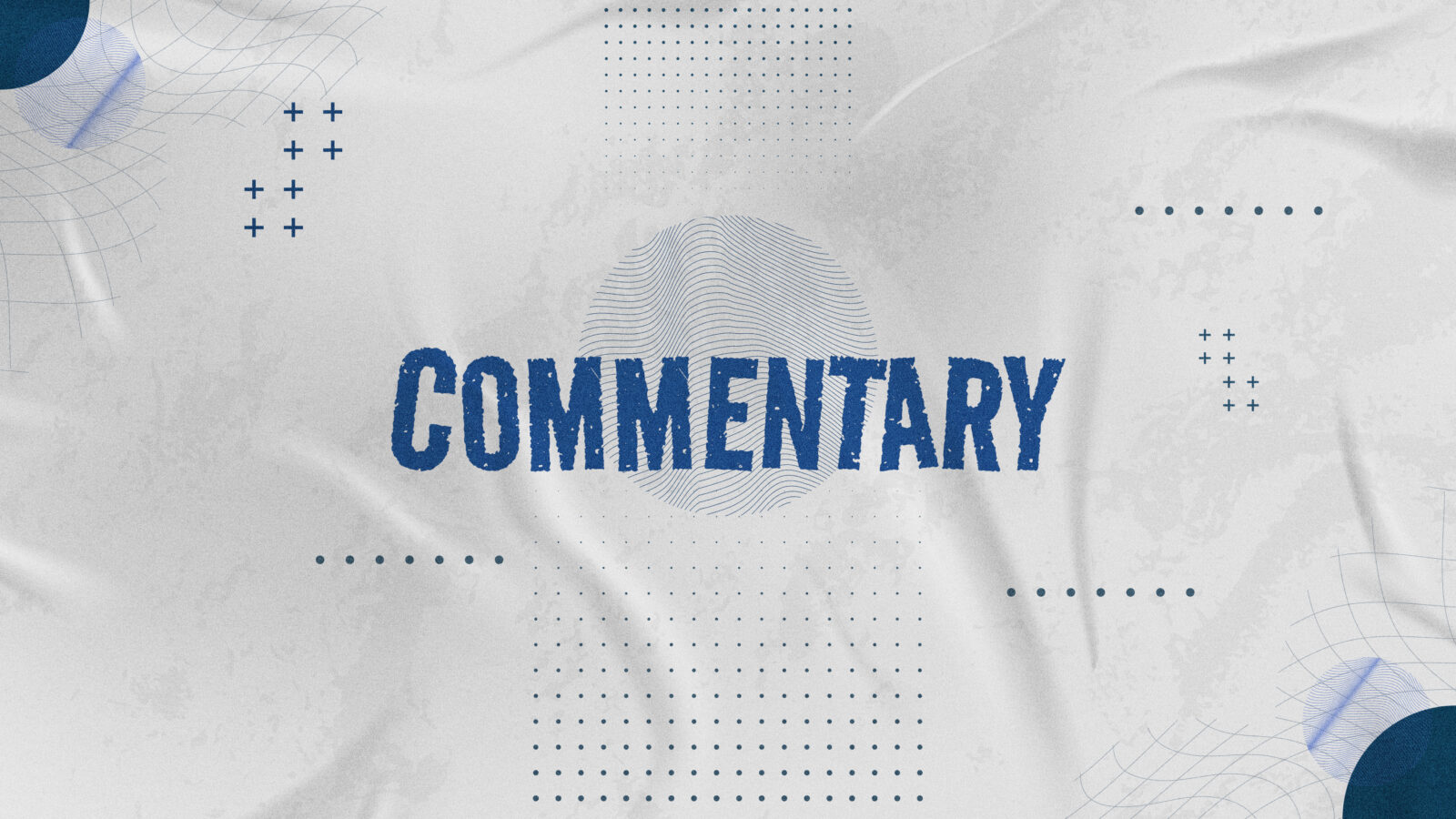The language of oppression against women

DHAKA—In countless homes across this region and beyond, patriarchy does not always arrive with fists raised.
Sometimes, it enters quietly, through questions posed at the dinner table or through softly spoken reprimands. It wears the mask of care, and culture. It whispers instead of shouts. But its impact is no less corrosive.
Consider the seemingly simple question: “Why are you wearing that?” It may seem a reminder to be modest, but is actually a warning against autonomy; a message that a woman’s body is not her own to dress, or even freely exist in. Or take the familiar “How will you get a good husband if you behave like that?” As though a woman’s entire identity is an audition for someone else’s approval, or meant to fit the mold of a submissive bride.
Even the pursuit of financial independence is questioned under the guise of protection: “Why do you need to work when your father or husband provides for you?” In many households, this is less a question and more a directive. It places women in a state of dependence, framed as “spiritual design” when in fact it is social control.
But in today’s world, a two-income household is no longer a luxury but a necessity. Denying women the right to work doesn’t just limit their independence; it weakens the entire household. Financial resilience, emotional stability, long-term planning—all of these suffer when a family has to rely on one strained income. Women with careers don’t threaten families; they strengthen them, and to suggest otherwise is reckless and suicidal.
The concern then often shifts to reputation with lines like: “What will people say if you stay out so late?,” say in the case of women journalists. This is never asked of sons. The female body, her presence, is viewed as something that must be contained and covered to protect the family’s honor. When women show ambition or assertiveness, they are met with moral reminders masked as reverence: “Don’t you want to be a good daughter or wife?,” effectively erasing the history of women leaders and entrepreneurs who helped sustain their families.
Any form of resistance is immediately spiritualized: “Why are you talking back? That’s not how a ‘good’ woman behaves.” Disagreement becomes impiety. Voice becomes vice. The dismissal of career aspirations is just as calculated. “Shouldn’t you be focusing on your family instead of chasing a career?” This assumes that family and ambition are mutually exclusive for women, while for men, success outside the home is seen as a “duty.”
Even education is treated as a threat. “Too much education makes women rebellious,” elders sometimes say, often with a laugh, but there is no humor in the intent. Knowledge, after all, is the root of liberation, and they do not want liberated women.
And perhaps most commonly, women are told: “Marriage completes a woman.” As if without a man, she is incomplete as a human being. The implication is clear: respect us not because we are people with our own rights and minds, but because we belong to someone else. This framing reduces us to extensions of others, never as individuals in our own right.
Even after Aug. 5, after citizens of Bangladesh fought against discrimination, words to belittle women were not sparingly used. It began with calling us, whoever spoke for women’s rights, “Shahbaagi”—a term used to describe protesting women as “wayward woman,” which was later twisted into something more sinister, branding us “sex workers”—“shah**gi.”
The slur was meant to shame, but more so, to silence. We were painted as immoral, disloyal, or even dangerous simply because we dared to ask for rights that were long overdue.
These aren’t just sentences or mere words. They are structures. They build walls around women while pretending to protect them. They are spoken with such regularity and confidence that they begin to sound like truth. But they are not.
They are the language of control—scripted, very well-rehearsed, and passed down like heirlooms in households that confuse oppression with devotion.
As Moroccan scholar Fatema Mernissi once said, “If women’s rights are a problem for some modern Muslim men, it is neither because of the Quran nor the Prophet, nor the Islamic tradition, but simply because those rights conflict with the interests of the male elite.”
And Nawal El Saadawi, the pioneering Egyptian women rights worker, declared, “Women are half the society. You cannot have a revolution without women. You cannot have democracy without women. You cannot have equality without women. You can’t have anything without women.” The Daily Star/Asia News Network
——————
Naziba Basher is a journalist at The Daily Star.
——————
The Philippine Daily Inquirer is a member of the Asia News Network, an alliance of 22 media titles in the region.

















A mandate for accountability